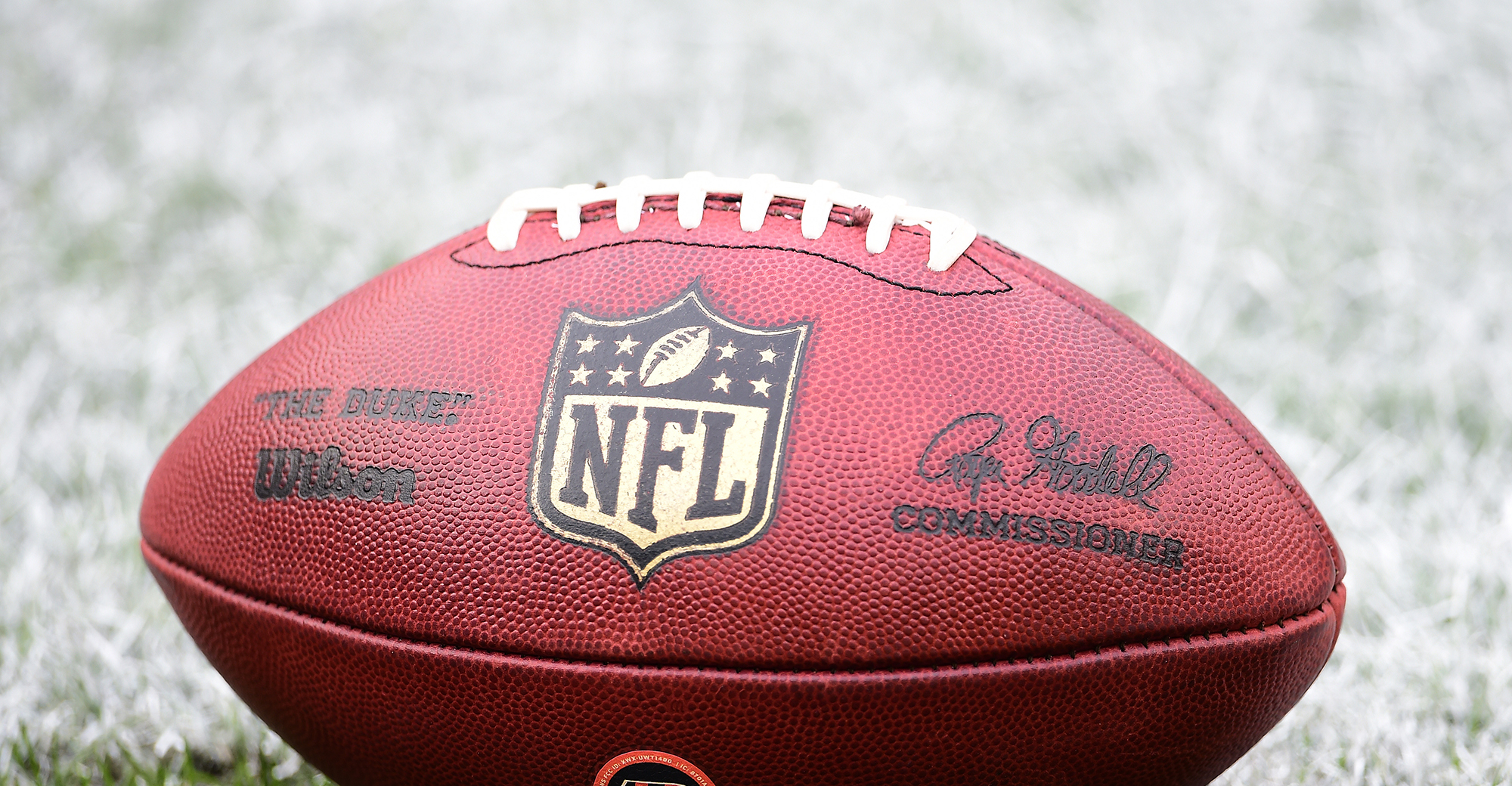On August 27, the owners of the National Football League voted to allow pre-selected private equity firms to buy up to 10% stake in its teams. The NFL was the last resort among North American sports leagues to spark passive private equity ownership. This development will allow the private equity investors named in the deal to participate in an investment with little downside risk and a lot of prestige, industry experts say. But it could be years, if ever, before individual investors can get their shot at the NFL.
Private equity ownership of minority stock in professional sports teams has been growing for several years. As of the end of August, 63 major North American sports teams worth $147.6 billion had private equity ties, according to private market research firm PitchBook. Some players targeting major league sports such as basketball, baseball and football have allowed qualified buyers and even accredited investors to participate through mechanisms such as co-investments and tender offer funds. However, the terms of the NFL deal appear stricter than those for other leagues, which will likely bar individual investors from participating for the foreseeable future.
Potential private equity buyers pre-vetted and approved by the NFL include Arctos Partners LP, Ares Management Corp., Sixth Street and a consortium of Blackstone, Carlyle, CVC, Dynasty Equity and Ludis. Funds operated by these firms will be allowed to invest in multiple NFL teams at the same time, but will not be able to hold more than a 10% stake in any one franchise and will be required to hold investments for at least six years. In addition, after the private equity investors dispose of their shares, they will have to share an undisclosed portion of their profits with the NFL, according to Kyle Walters, an associate analyst with PitckBook.
According to Michael Goldberg, senior vice president and sector leader for corporate valuations and sports finance at DBRS Morningstar, the move will allow the NFL to support rising team valuations by expanding the pool of potential investors.
“There are only so many billionaires out there who can afford NFL teams right now because the valuations are so high,” Goldberg said. “So allowing private equity firms that have a lot of capital to buy up to 10% of a team will support those valuations and probably result in continued growth in those valuations.”
or report from CNBC found that the average NFL team valuation currently stands at $6.49 billion, an increase from 5.1 billion dollars last year. The Dallas Cowboys have the highest valuation at $11 billion and the Cincinnati Bengals the lowest at $5.25 billion. The 32 teams bring in between $546 million and $1.22 billion in annual revenue.
On the private equity side, Goldberg added that the NFL's steady revenue growth and the publicity these firms will be able to garner through their affiliation with the league are likely to generate more interest from the broader venture capital world. private rather than only firms that have been pre-verified by the NFL so far.
“You can think of the NFL as the crown jewel of all the crown jewels as far as these (sports) leagues go, because it's the biggest and most profitable league,” Walters said. “It's one of the biggest in terms of viewership worldwide.”
But that's exactly why entry for high-net-worth investors who don't buy outright stakes in these soccer teams could be barred for the foreseeable future, he noted. There are already enough LPs who would be interested in participating in NFL-focused private equity funds, so they may not need additional dollars from the private equity channel. At the same time, the NFL remains focused on preserving its franchise, which is why the league took so many years to approve private equity investment and is limiting who can participate. According to Walters, the league may not want to democratize access too much and dilute its brand.
“I think that's one of the things they're trying to preserve and one of the reasons why there's only a small fraction of private equity investors that are allowed to invest in the league in the first place. That's a big part of the whole ordeal — you're one of the few members in this super-exclusive club, and to dilute that wouldn't be something the owners, or maybe the league, would be interested in,” he said. he.

